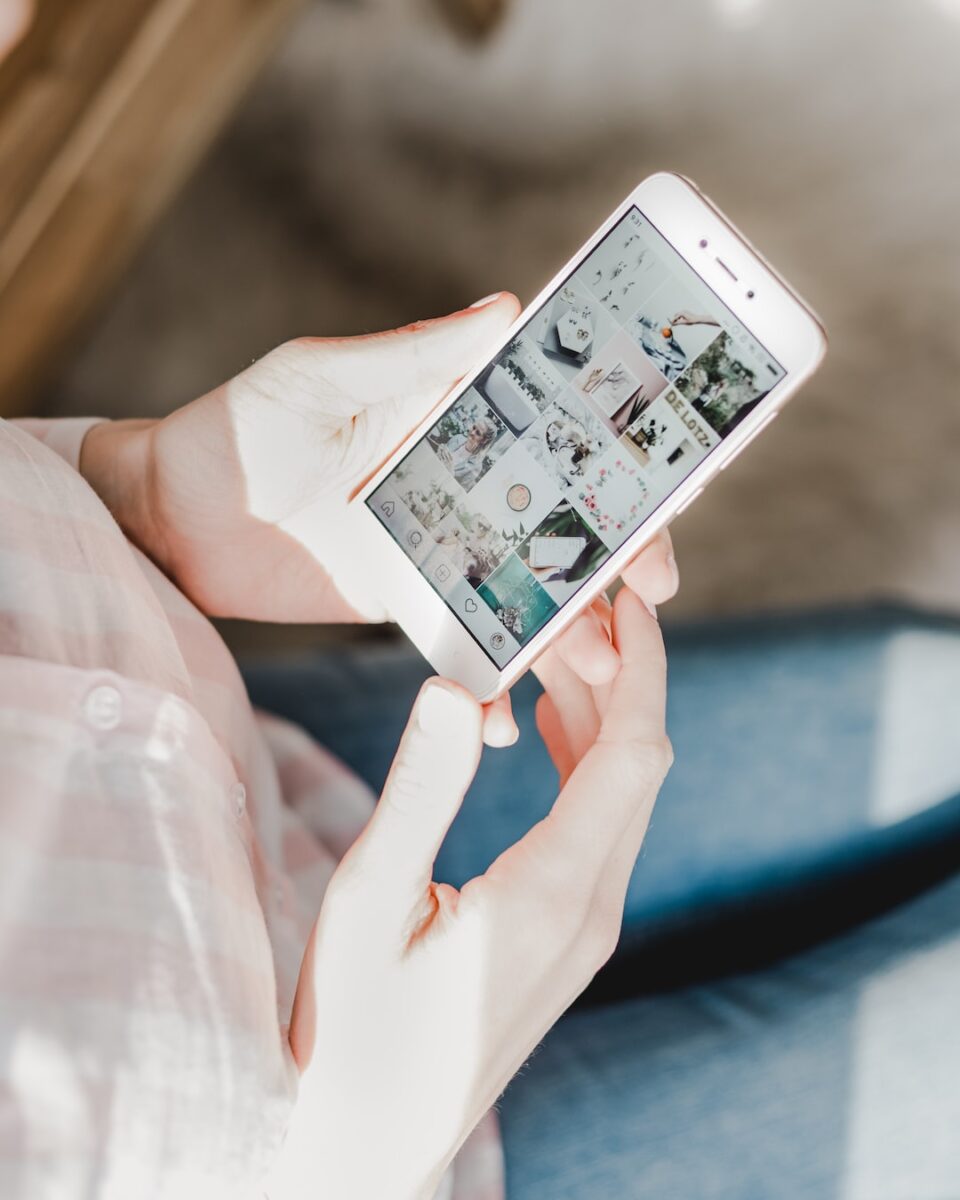The Impact of Social Media on Self-Esteem and Body Image
In today’s digital age, social media plays a significant role in our lives. We use platforms like Facebook, Instagram, and Twitter not only to stay connected with friends and family but also to share our thoughts, experiences, and most importantly, our physical appearance. While social media has undoubtedly brought numerous benefits in terms of communication and networking, it has also had a substantial impact on our self-esteem and body image.
One of the most prominent effects of social media on self-esteem is the constant comparison. As we scroll through our feeds, we are bombarded with images of seemingly perfect bodies, flawless faces, and extravagant lifestyles. There is a constant pressure to measure up to these unrealistic standards, leading many individuals to question their own worth and attractiveness. This comparison culture can severely damage self-esteem, as individuals may feel inadequate or not good enough.
Moreover, social media platforms are often inundated with edited or filtered photographs. People tend to post pictures highlighting their best angles, wearing makeup, or using filters that enhance their appearance. This presents a skewed reality that can negatively impact self-esteem. Regular exposure to these highly curated images can create an unrealistic expectation of how one should look like, leaving many individuals feeling dissatisfied with their own appearance.
Body image is another area greatly influenced by social media. Social media platforms have become a breeding ground for body shaming and idolization of certain body types. Images of thin, toned bodies dominate our screens, promoting the “ideal” figure. This prevailing beauty standard can significantly influence how individuals perceive their own bodies and create unrealistic expectations. As a result, people who do not fit into this narrow definition often feel marginalized and develop negative body image perceptions.
Furthermore, the rise of influencers and the advertising industry on social media has fueled the obsession with physical appearance. Endorsements of beauty products, weight loss programs, and cosmetic surgeries inundate our social media feeds, promoting the idea that one needs to constantly work on their appearance to be accepted or admired. This constant bombardment can erode one’s self-esteem and lead to harmful behaviors such as extreme dieting or excessive exercising.
However, it’s crucial to acknowledge that social media is not solely responsible for the negative impact on self-esteem and body image. It can also be a valuable tool in promoting body positivity and self-acceptance. Many individuals and organizations use social media platforms to challenge societal beauty standards and promote inclusivity. They encourage self-love and emphasize the importance of embracing diverse body shapes and sizes. By following such accounts that promote body positivity, individuals can find inspiration and support on their journey towards developing a healthier self-image.
To mitigate the negative impact, it is essential to practice digital self-care. This involves being mindful of the content we consume, following accounts that promote positivity, and setting healthy boundaries. Engaging in activities that boost self-esteem, such as exercising, pursuing hobbies, or connecting with loved ones, can also counteract the negative effects of social media.
In conclusion, social media undoubtedly has a profound impact on self-esteem and body image. The constant comparison, edited images, and promotion of unrealistic beauty standards have led to decreased self-esteem and negative body image perceptions. However, by practicing digital self-care and promoting body positivity, we can navigate the digital world in a healthier and more positive way.

